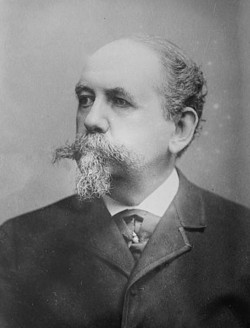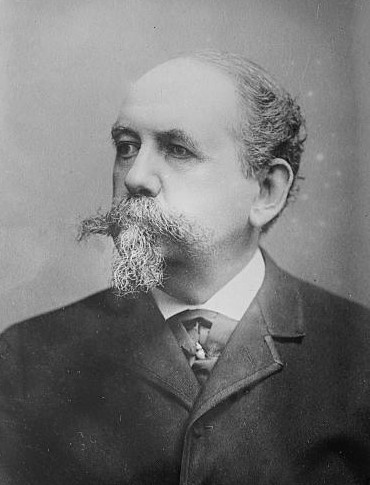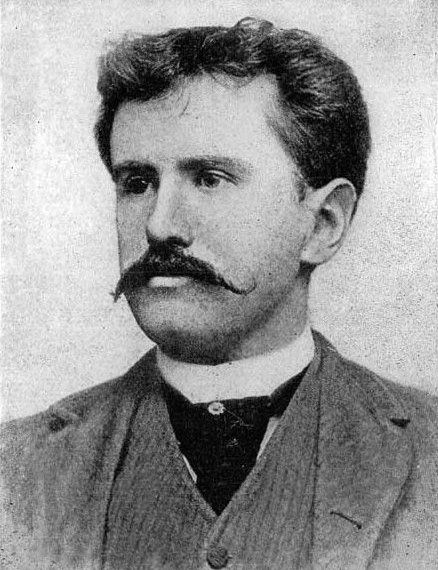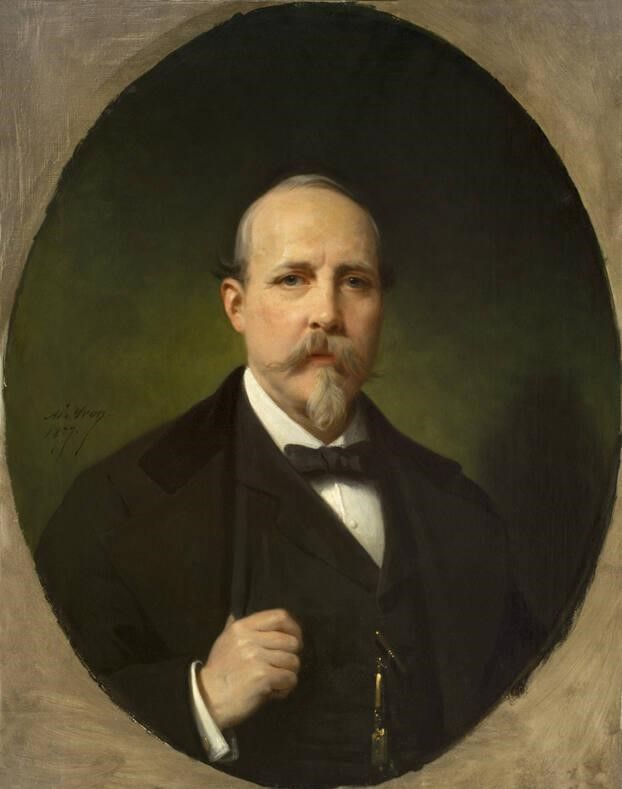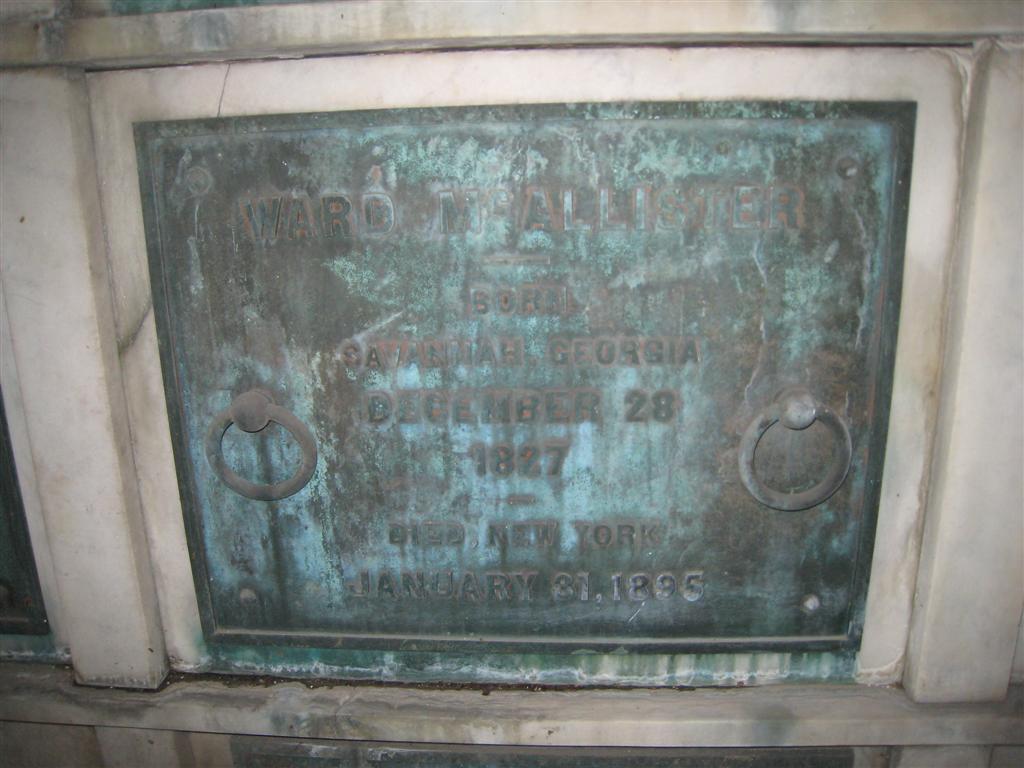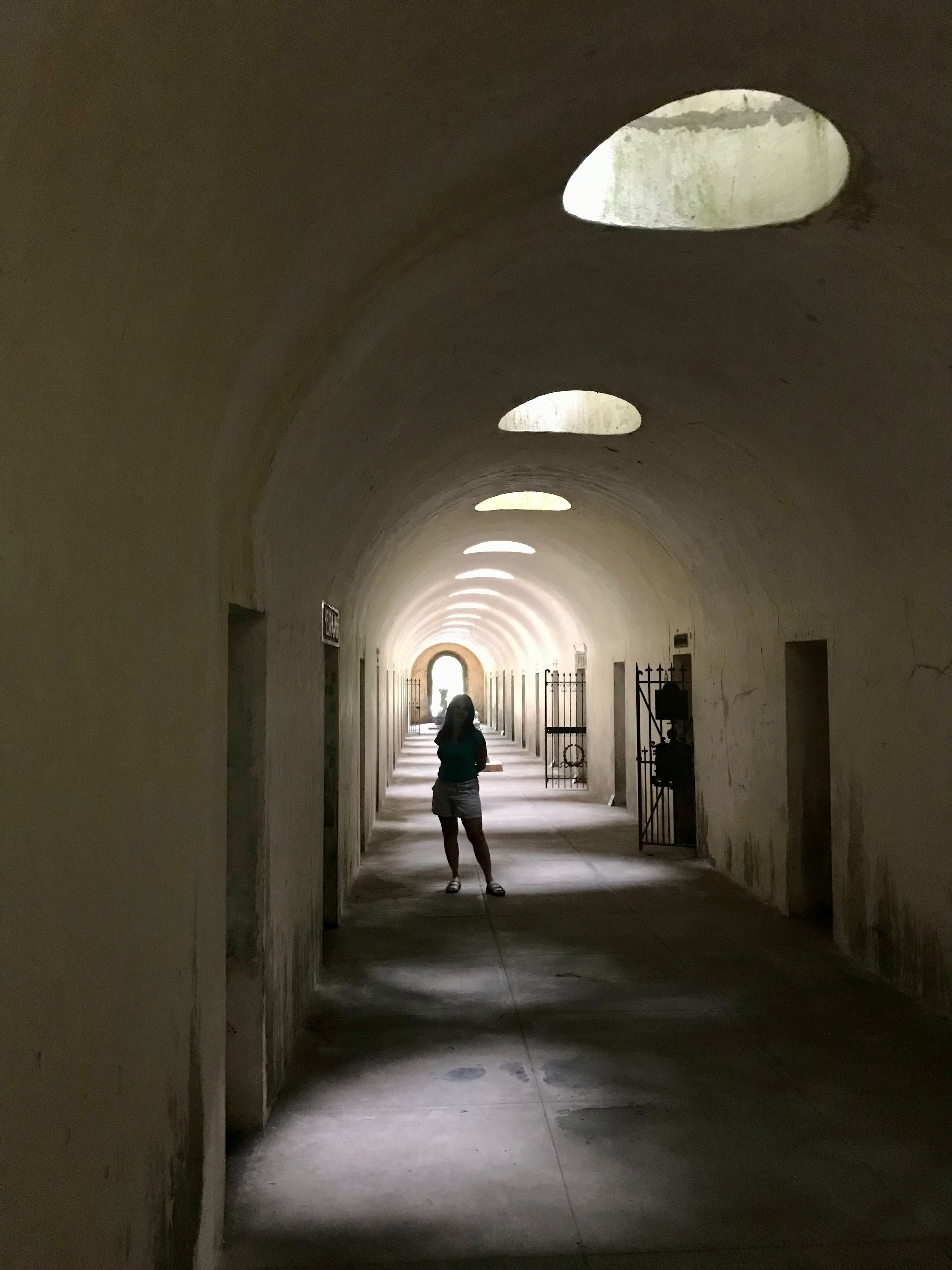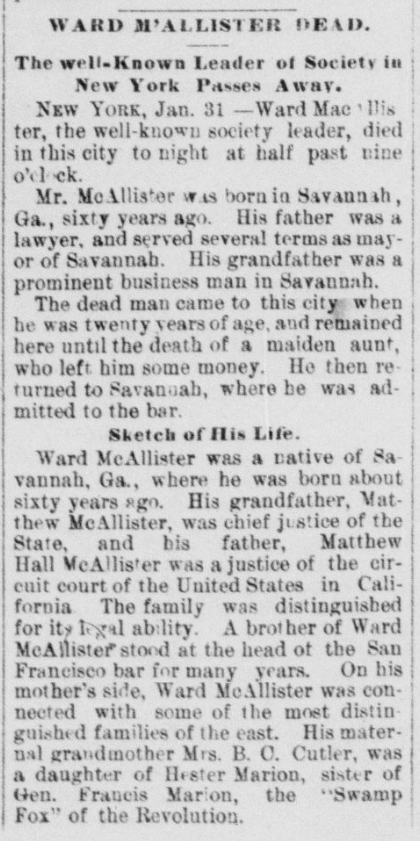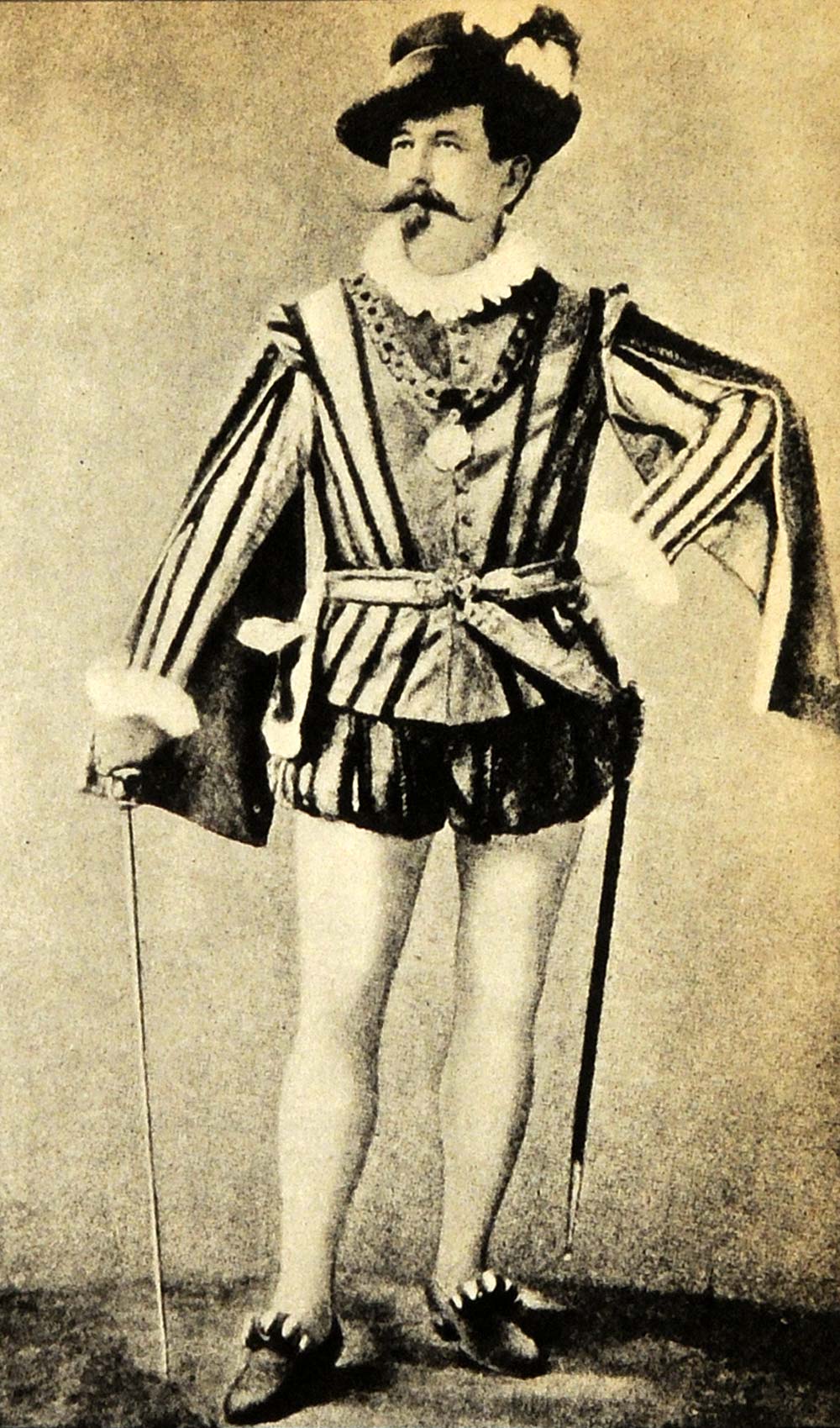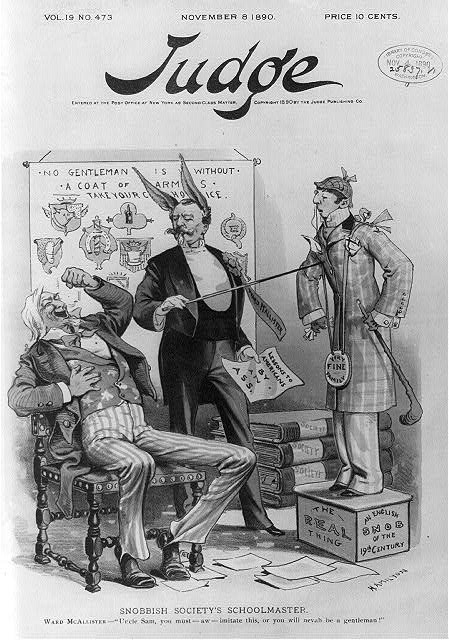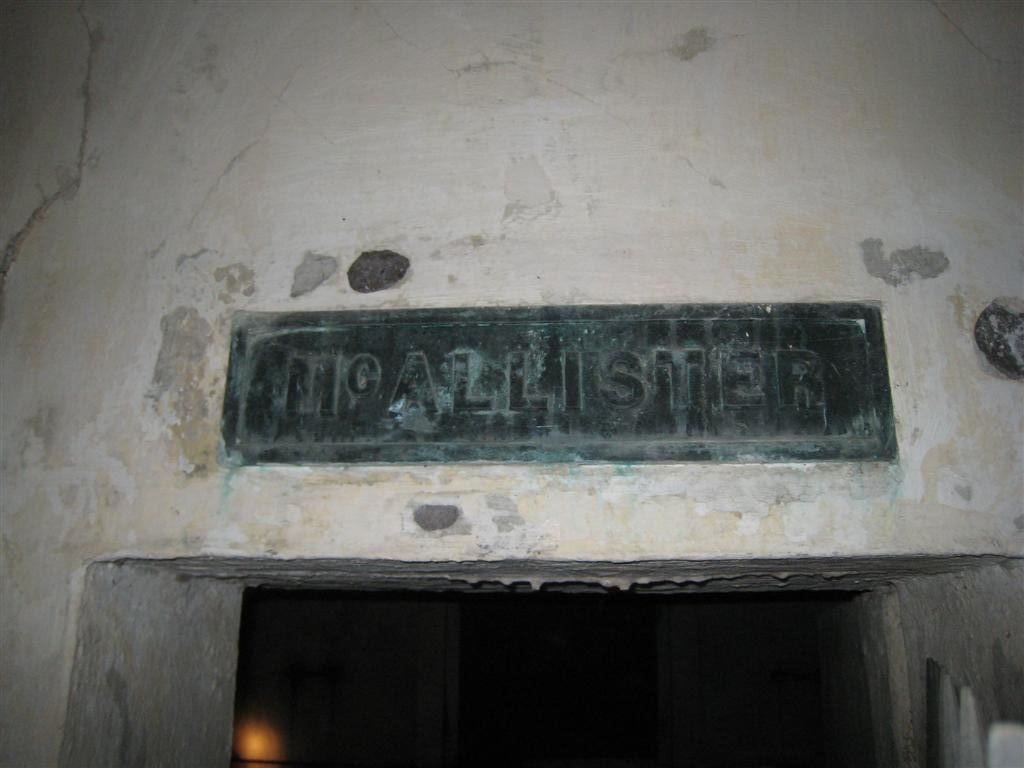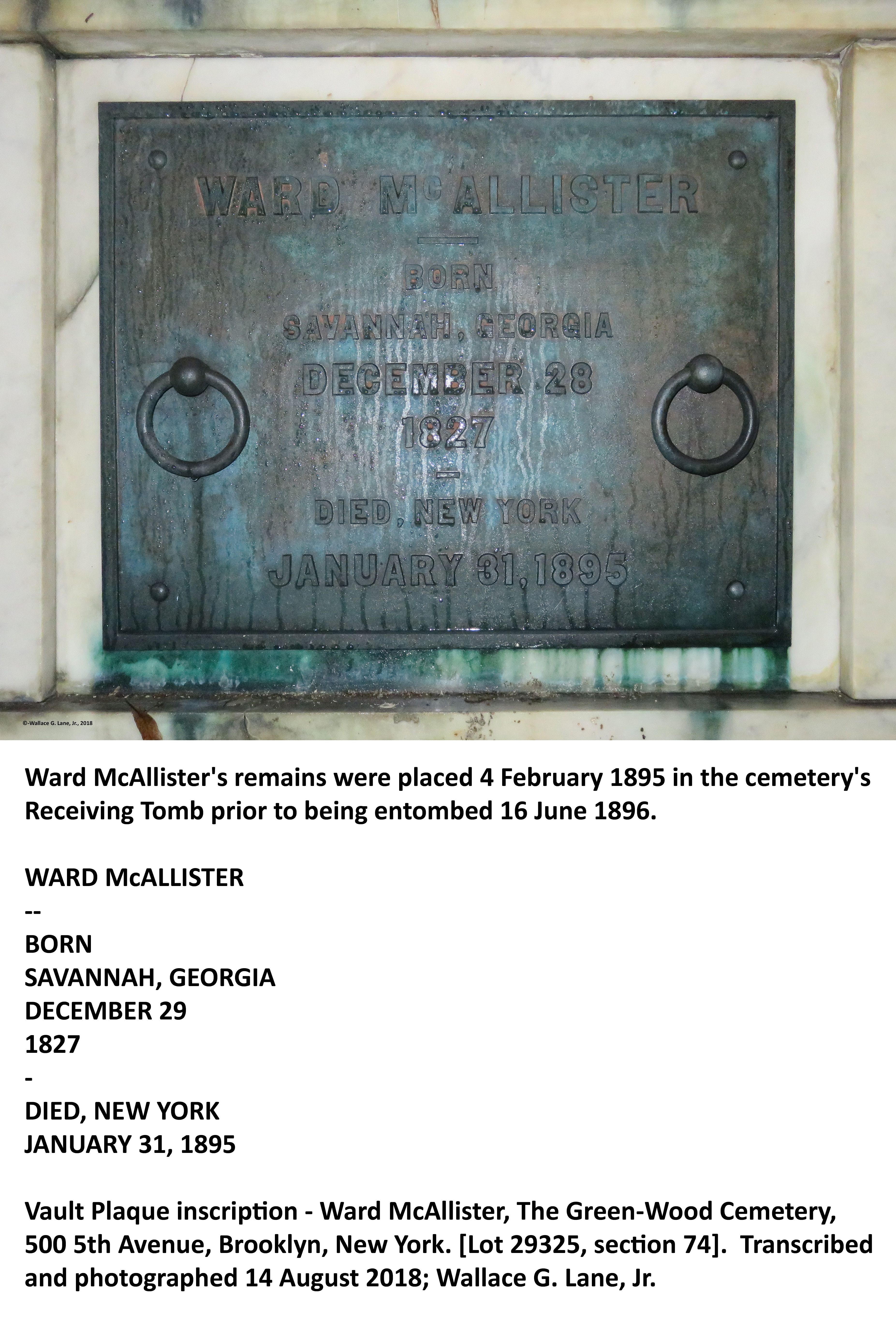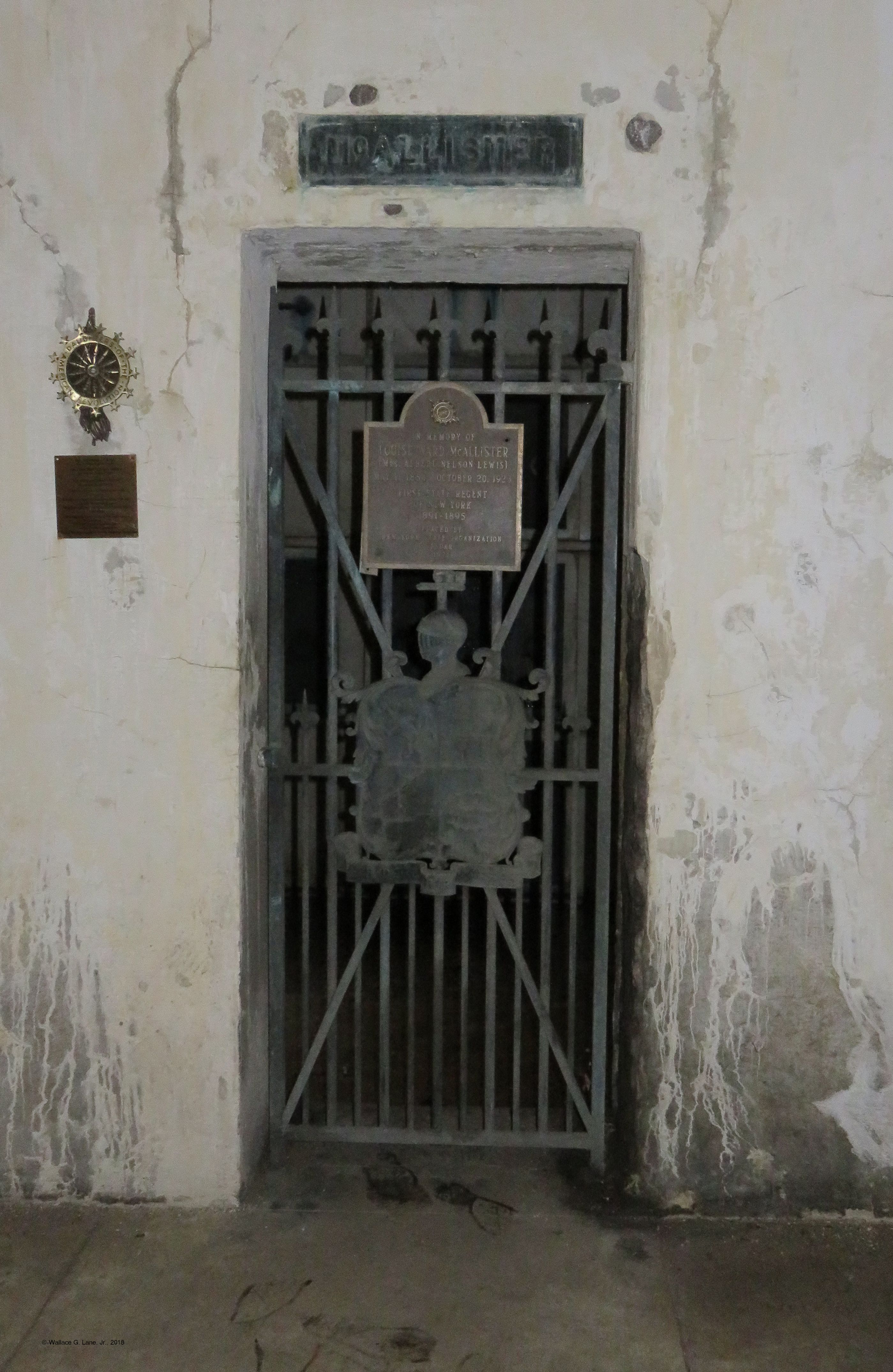McAllister wrote that after his marriage in 1853, he bought a farm on Narragansett Bay, planted trees and left for a three-year journey throughout Europe's great cities and spas—Bath, Pau, Bad Nauheim, and the like—where he observed the mannerisms of other wealthy Americans and titled nobility, returning to New York with his wife and two small children on October 15, 1858. Using his wife's wealth and his own social connections, McAllister sought to become a tastemaker amongst New York's "Knickerbocracy", a collection of old merchant and landowning families who traced their lineage back to the days of colonial New Amsterdam. Above all in McAllister's life was his desire for social recognition by what he termed the Ton, i.e., the cream of society.
McAllister's downfall came when he published a book of memoirs entitled Society as I Have Found It in 1890. The book, and his hunger for media attention, did little to endear him to the old guard, who valued their privacy in an era when millionaires were the equivalent of modern movie stars.
Ward McAllister died while dining alone, and in social disgrace for his writings, at New York's Union Club, in January 1895. His funeral, held on February 5, 1895, was well attended by many society figures of the day, including Chauncey Depew and Cornelius Vanderbilt II. McAllister is interred at Green-Wood Cemetery in Brooklyn, New York.
McAllister wrote that after his marriage in 1853, he bought a farm on Narragansett Bay, planted trees and left for a three-year journey throughout Europe's great cities and spas—Bath, Pau, Bad Nauheim, and the like—where he observed the mannerisms of other wealthy Americans and titled nobility, returning to New York with his wife and two small children on October 15, 1858. Using his wife's wealth and his own social connections, McAllister sought to become a tastemaker amongst New York's "Knickerbocracy", a collection of old merchant and landowning families who traced their lineage back to the days of colonial New Amsterdam. Above all in McAllister's life was his desire for social recognition by what he termed the Ton, i.e., the cream of society.
McAllister's downfall came when he published a book of memoirs entitled Society as I Have Found It in 1890. The book, and his hunger for media attention, did little to endear him to the old guard, who valued their privacy in an era when millionaires were the equivalent of modern movie stars.
Ward McAllister died while dining alone, and in social disgrace for his writings, at New York's Union Club, in January 1895. His funeral, held on February 5, 1895, was well attended by many society figures of the day, including Chauncey Depew and Cornelius Vanderbilt II. McAllister is interred at Green-Wood Cemetery in Brooklyn, New York.
